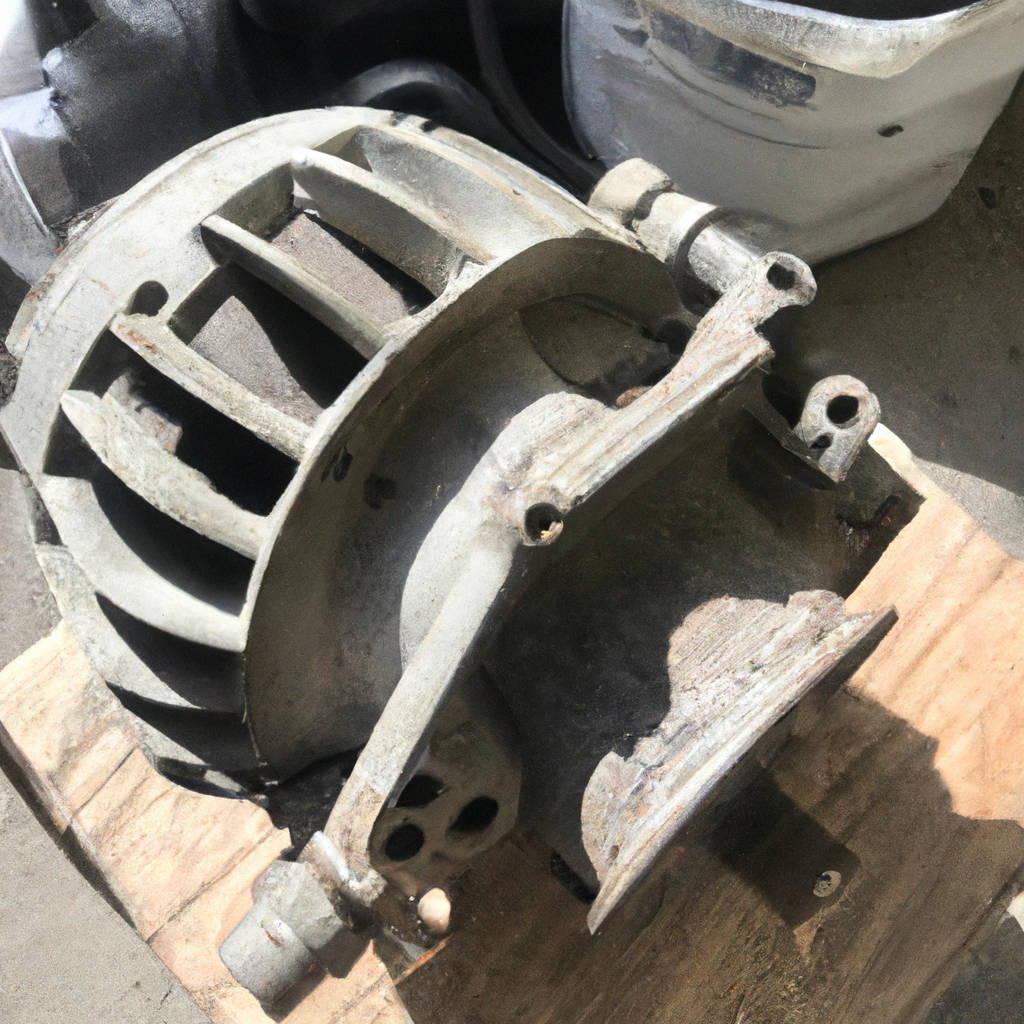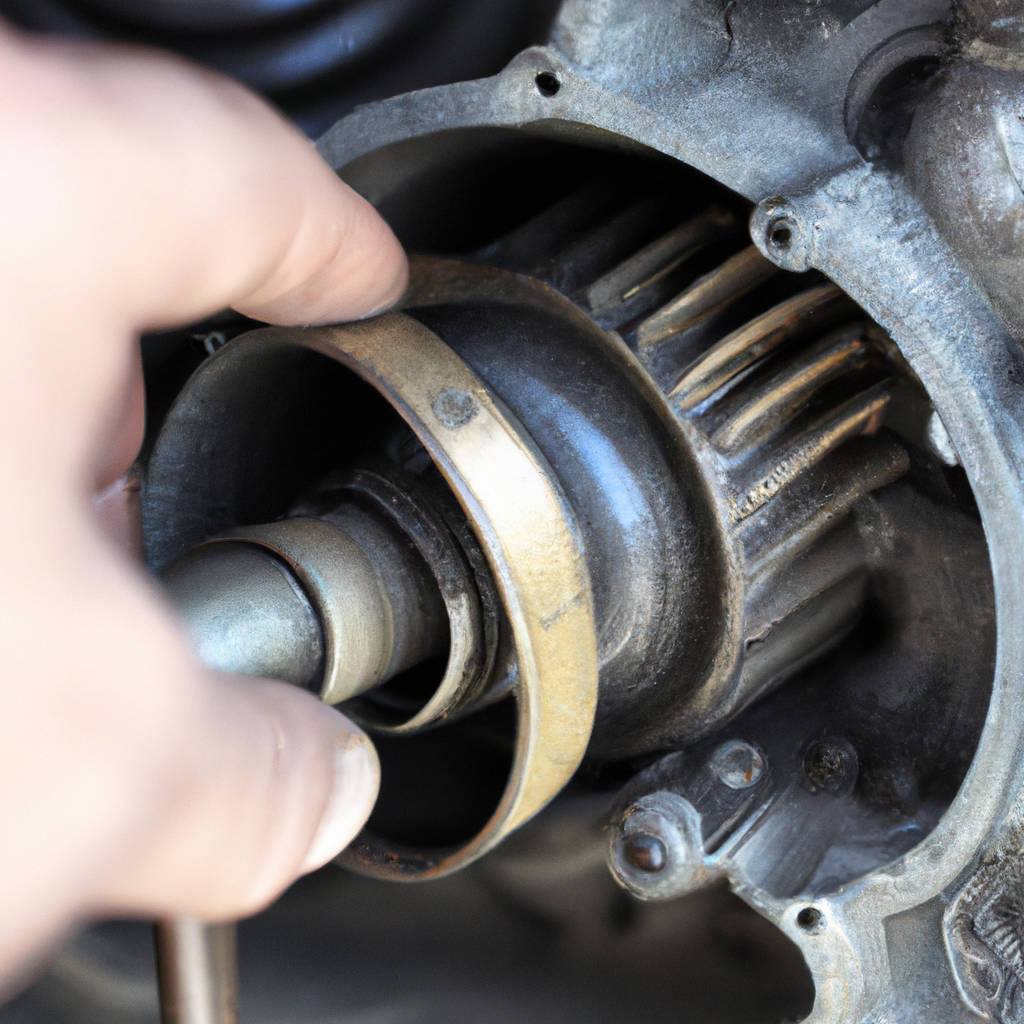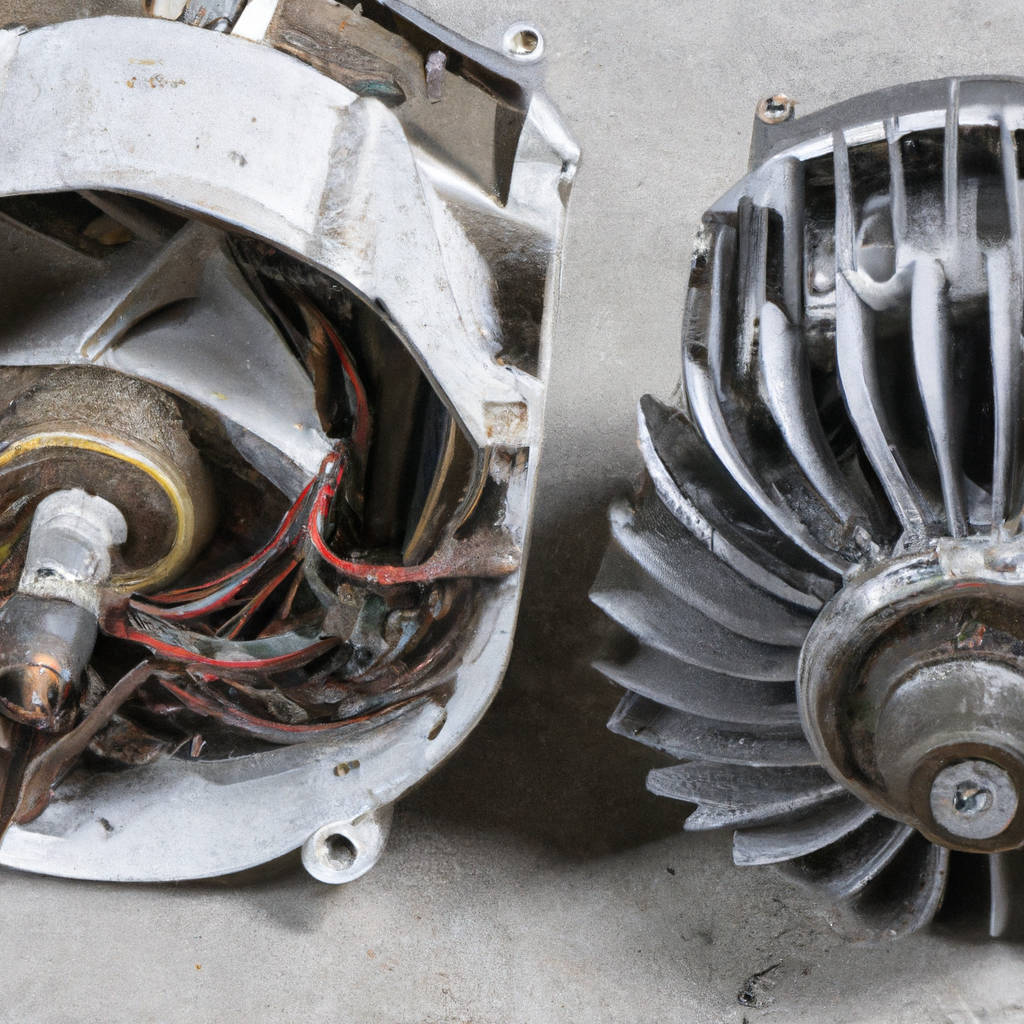The cost of replacing an alternator can vary greatly based on several factors. These include the model and make of the vehicle, the type of alternator needed, and labor costs. Typically, the price range for a new alternator can be between $300 to $900. This includes both the price of the part, which generally falls between $200 to $600, and the cost of labor, which can range from $100 to $300. However, these prices can increase or decrease depending on whether you opt for a new or remanufactured alternator, where you decide to have the work done, and the complexity of the installation. It’s also essential to consider that some high-performance vehicles and luxury cars may require expensive, specialized alternators.
Additionally, if the alternator has caused other damage to the vehicle, there may be additional repair costs. While this is a significant expense, it is crucial to remember that the alternator is a vital component in your vehicle’s operation. It charges the battery and powers the electrical system while your car is running. Therefore, if it’s malfunctioning, it could lead to numerous problems, including the vehicle breaking down. Hence, it’s advisable to promptly replace a faulty alternator to prevent further harm to your vehicle and ensure your safety on the road. Always seek professional advice and services when dealing with such a critical part of your car.

Alternator Lifespan: How Long Can You Expect It to Last?
The lifespan of an alternator in a vehicle can vary greatly depending on several factors, including the quality of the alternator itself, the condition of the vehicle, how frequently and intensively the vehicle is used, and the care taken to maintain it. Generally, an alternator should last between 60,000 to 150,000 miles or approximately seven years. However, there are instances where alternators have exceeded these benchmarks, lasting up to 200,000 miles or more.
High-quality alternators, especially those installed in new vehicles, tend to have a longer lifespan. The operating conditions of the vehicle also significantly influence the lifespan of the alternator. Vehicles driven under harsh conditions, such as extreme temperatures, heavy traffic, or rough roads, may experience a reduced alternator lifespan. This is due to the increased demand on the electrical system, which can lead to overheating and wear on the alternator.
The usage of the vehicle also plays a role in determining the lifespan of the alternator. Vehicles that are used intensively, for instance, those that are driven for long distances regularly or those that are used to power numerous electrical devices, may require alternator replacement sooner.
Maintenance is a critical factor in extending the lifespan of the alternator. Regular inspections and servicing of the vehicle can help detect issues early and prevent them from escalating, which can prolong the alternator’s life. This includes checking the condition of the belts and replacing them if they are worn out, ensuring the battery is in optimal condition, and keeping the alternator clean to prevent overheating.
In conclusion, while the lifespan of an alternator can typically range from 60,000 to 150,000 miles, it largely depends on the quality of the alternator, the operating conditions, the vehicle usage and the maintenance practices. By understanding these factors, vehicle owners can take proactive steps to maximize the lifespan of their alternator.
How to Identify a Failing Alternator: Key Symptoms to Watch For
Identifying a failing alternator is essential to maintain the overall performance of your vehicle. The alternator is a crucial part of your car’s electrical system, responsible for charging the battery and powering the electrical system while your vehicle is running. Thus, any signs of malfunction should be addressed immediately. The first symptom to watch for is a warning light on your dashboard. Typically, it’s shaped like a battery or it might read “ALT” or “GEN,” indicating a potential issue with the alternator.
Another sign is a weak or dead battery. While batteries naturally wear out over time, a failing alternator can lead to a battery not charging properly or dying more quickly than it should. Additionally, if your headlights or interior lights are dim or flickering, especially when the vehicle is idling, it could indicate an alternator issue.
Your car’s electrical components like the radio, power windows, or windshield wipers may function erratically or even stop working altogether. This is due to the alternator not supplying enough power. You may also notice a burning rubber smell or a growling sound coming from the engine, which might be caused by a worn-out belt or bearings in the alternator.
However, these symptoms could also be indicative of other issues with your vehicle. Therefore, if you experience any of these signs, it’s essential to have your car checked by a professional mechanic to accurately diagnose the problem and to prevent further damage to your vehicle’s electrical system. Remember, a failing alternator left unchecked can lead to more severe car troubles or even a complete breakdown. Therefore, being aware of these symptoms and acting promptly can save you significant time and costs in the long run.

Understanding the Cost of Alternator Replacement
Understanding the cost of an alternator replacement involves more than just the price of the alternator itself. It is a complex process that includes several key factors such as the make and model of your vehicle, the kind of alternator it needs, and labor costs. The alternator is a critical component of your vehicle’s electrical system, and its efficient functioning is crucial for the vehicle’s operation. Hence, when it breaks down, replacing it becomes an absolute necessity.
The price of a new alternator can range anywhere from $200 to $600. This range is determined by the brand of the alternator, the type of vehicle it is designed for, and its power output. For instance, a high-output alternator designed for a high-performance car will be more expensive than a standard alternator.
Labor costs are another significant factor to consider when estimating the total cost of an alternator replacement. Depending on the complexity of the replacement and the hourly rate of the mechanic, labor costs can range from $70 to $200. In the case of high-end vehicles, where the alternator is harder to access, labor costs may increase significantly.
It is also important to note that in some cases, additional costs may arise. For instance, if the alternator has caused damage to other parts of the vehicle’s electrical system, these parts may also need to be replaced, adding to the overall cost.
Finally, always remember that while the cost of an alternator replacement can be high, ignoring a faulty alternator can result in even higher costs in the long run. It can lead to serious damage to the vehicle’s battery and other electrical components, potentially leaving you stranded on the road. Hence, it is advisable to replace a failing alternator as soon as possible to avoid further complications and expenses.
How Much Will Alternator Repairs Set You Back?
The cost of alternator repairs can vary significantly, depending on the make and model of your vehicle, the extent of the damage, and the individual pricing of the mechanic or auto repair shop. On average, you can expect to pay anywhere between $200 and $600 for a full alternator replacement, including parts and labor. However, if the issue is minor and only a certain component of the alternator needs to be replaced or repaired, the cost could be substantially lower, often between $100 and $200. It’s essential to understand that these are just average costs and the actual expense can be higher or lower, depending on various factors.
For instance, luxury or rare vehicles may require more expensive parts, and the labor costs may be higher in certain regions or at certain shops. Additionally, if the alternator has caused damage to other parts of the vehicle’s electrical system, the repair costs could increase. It is also worth noting that if you have a warranty or a service plan, some or all of these costs may be covered. It’s always recommended to get a few quotes before choosing a mechanic to ensure you’re getting a fair price. Ultimately, while alternator repairs can be a significant expense, they are a crucial aspect of vehicle maintenance that can prevent more serious and costly issues down the line.

Is It Worth It to Use a Used Alternator?
An alternator, a key component in a vehicle’s electrical system, can be quite expensive when bought new. However, purchasing a used alternator can be a cost-effective solution, especially when budget constraints are a factor. Nevertheless, it’s critical to consider the potential risks associated with used auto parts. A used alternator’s lifespan can be unpredictable and may not function as efficiently as a new one. It’s often tough to determine its previous usage, maintenance, and general condition. Despite the lower initial cost, you could face additional expenses down the line if it fails prematurely.
Yet, if sourced from a reputable seller, a used alternator can provide a reliable, cost-effective solution. It’s crucial to ensure the part is in decent condition and compatible with your vehicle. Quality used parts often come from vehicles that were retired due to other problems, like accident damage, leaving plenty of service life for components like alternators. While new parts are the gold standard, a used alternator can be a savvy choice for those in need of a budget-friendly option. However, it’s essential to consider the potential risks and rewards before making a decision. If possible, have a trusted mechanic assess the part before purchase. This way, you can be sure you’re making an informed decision that balances both budget and reliability.
